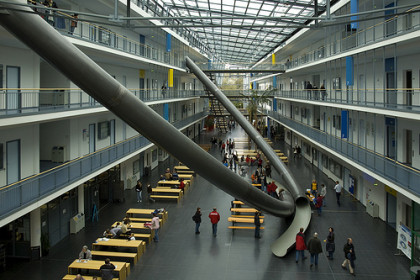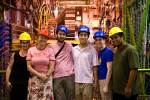Post 3 of Matt Boedy's The Job Search Series in ESN's Navigating Career Stages collection. Find Post 1 here and Post 2 here. … [Read more...] about The Job Search, Part 3: The Campus Visit
interviewing
The Job Search, Part 2: The Interview Process
Post 2 of Matt Boedy's The Job Search Series in ESN's Navigating Career Stages collection. Find Post 1 here. As a reminder, my defining thesis for these posts is: we need to make the job process into the ‘will of God.' Or in other words, we need to discover how God can work in us and among us during the search process. … [Read more...] about The Job Search, Part 2: The Interview Process
Finding a Postdoc in the Sciences: Nailing the Interview
Kelly Seaton continues her series on finding a postdoc in the sciences. Previously: One Postdoc's Journey, Where Should I Begin?, Identifying the Right Position What questions do you have about the postdoc interview process? Do you have any interview experiences or advice to share? Photo credit: solarnu via Flickr Once you have submitted your applications and landed an interview, here are a few things to keep in mind: 1. Be prepared! This may seem like an obvious point, (and not even worth mentioning!) … [Read more...] about Finding a Postdoc in the Sciences: Nailing the Interview


